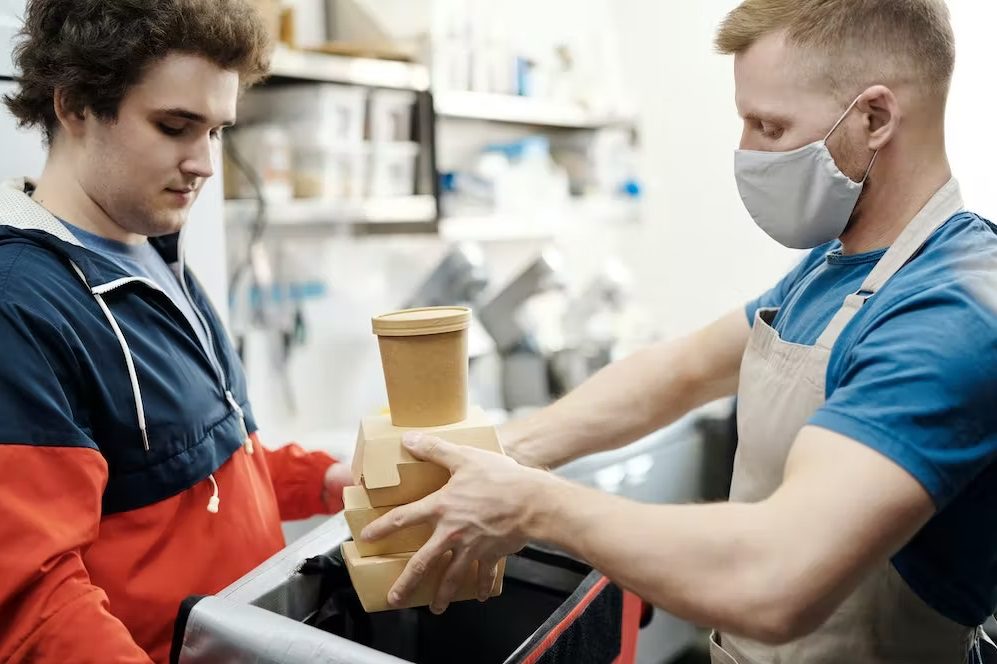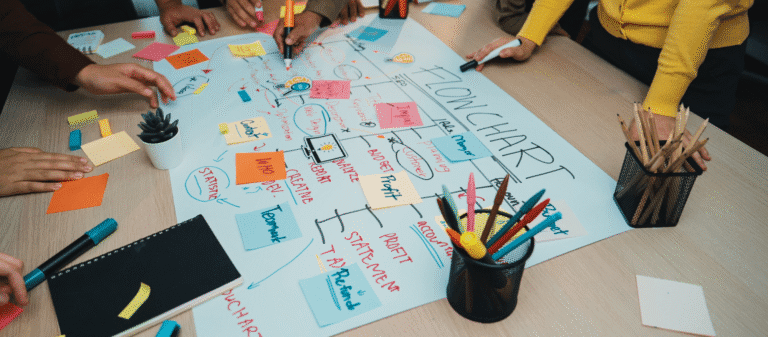In the series, COVID-19 on Campus, we break down concerns voiced by over 900 college students across the nation in our pandemic survey.
Bottom line
From health to fiscal impact, college students have genuine concerns about how COVID-19 is affecting their higher education experience. In this edition, we discuss students’ employment concerns as a result of the COVID-19 pandemic. We also look at how these challenges can be minimized as we adjust to our new ‘normal’.
The “American dream”
A college education is often associated as part of the “American Dream”- the belief that anyone, regardless of where they were born or what socioeconomic class they were born into, can reach their own version of success in a society where advancement is possible for everyone through sacrifice, risk-taking, and hard work. A college degree is often the beginning of the “American Dream”. It affords students with the valuable skills and industry-specific knowledge that is needed in the workforce. A college degree can create tangible pathways for a career.
With the onset of COVID-19, higher education institutions were forced to make difficult decisions. Not only were campuses forced to shut down and transition to virtual instruction, but many college students were displaced as residence halls and on-campus housing closed. Many students were forced to return home, causing unintended consequences with their housing, meal plans, and any employment and/or internship opportunities. Students attend college to receive a degree to make themselves more employable. However, during the pandemic, where the job market is extremely volatile, a degree may not be enough to secure stable employment and livable wages. This only amplifies students’ employment concerns.
The pandemic’s impact on employment
Certain industries have been crushed while other industries have thrived. Industries dealing with people, such as leisure and tourism, have been affected by stay-at-home orders and social distancing measures. In contrast, industries dealing with technology have skyrocketed as telework and online commerce have become staple functions amongst the pandemic. Layoffs have increased dramatically as businesses have been forced to close or minimize resources. Job loss and unemployment rates are proof of a triggering economic disparity and deepen employment concerns.
Kaleidoscope surveyed more than 900 students nationwide to better understand the impact of the pandemic on their employment situations. Nearly 80% of students surveyed by Kaleidoscope said they know someone who lost a job because of COVID-19’s economic fallout. Additionally, nearly a third experienced a job loss themselves due to the outbreak. This is not surprising since the virus has caused job loss levels that have not been seen since the Great Depression. This has exacerbated employment concerns even further.
So, what’s the solution?
As we look to the future, there must be efforts to maintain public and private expenditure levels for education. The COVID-19 crisis has and is expected to lead to budget cuts, especially in education. This jeopardizes the gains we have been making in providing better access to education. It also affects the efforts to improve learning outcomes. There should be consideration about incentives for students to remain in school. Scholarships and conditional cash transfers are examples. Savings programs to encourage educational endeavors should also be considered. A lack of investment in education and job training will hurt long-term economic prospects. It will also lead to short-term losses for students, workers, and their families, adding to employment concerns.
How can we help?
Through our strategic work, our goal is to help both the sponsors and scholars navigate the scholarship and grant process. We offer comprehensive solutions for both the students seeking scholarships and grants. We also assist individuals and organizations looking to design, administer, and host scholarship and grant programs. Request a demo.
Check back for the last post of the series, COVID-19 on Campus, where we break down the next student concern – financial impact.











